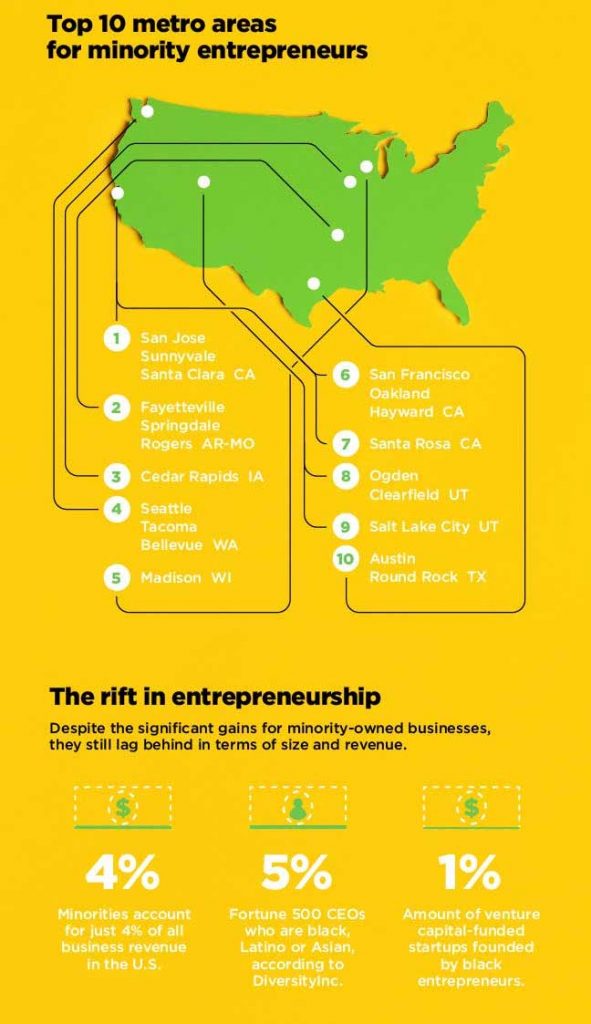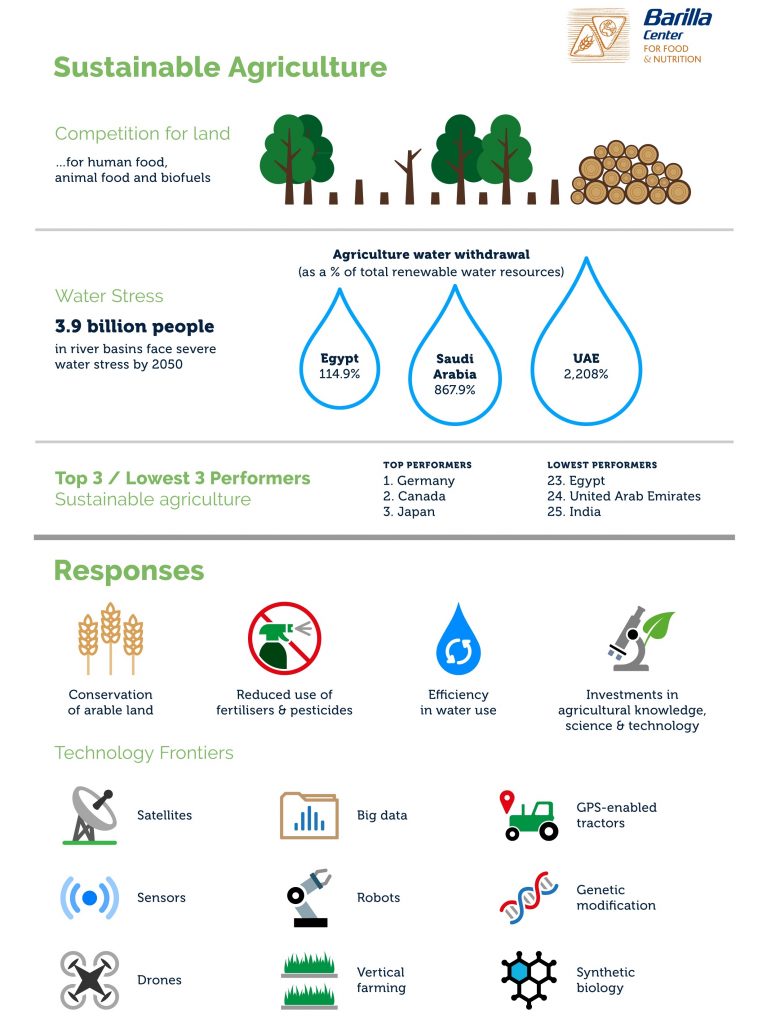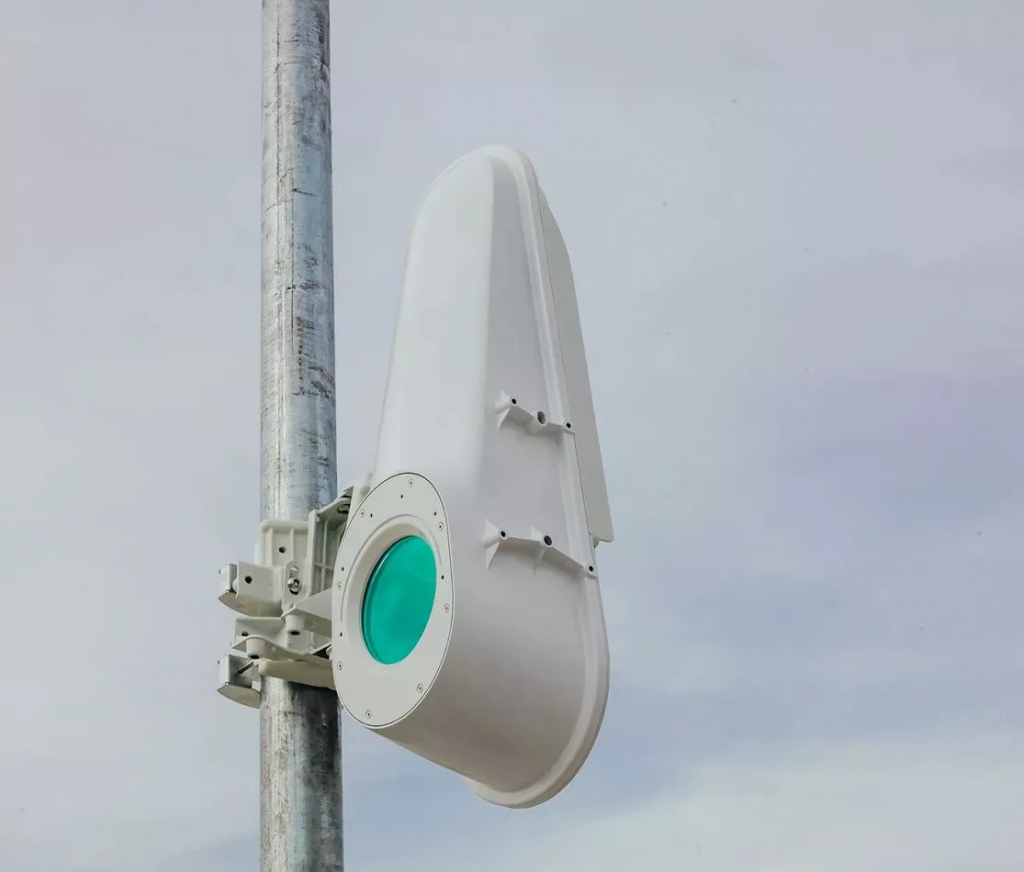
Morning all. Happy Tuesday – Will that late night drive-through ever look the same again?
In today’s edition:
🍔 McDonalds go meat-free, with a twist
⚡️ Shedding light (and internet) on the digital divide
💸 Financing sustainable farming

Why The McPlant Burger is different
McDonalds, the world’s largest buyer of beef (the food source with the largest carbon footprint) is launching the McPlant burger. The decision to keep its veggie-forward products in-house, is an anomaly in the fast-food world – Pizza hut is trialling Beyond Meat’s plant-based pork and beef in the UK, and Impossible produce Burger King’s Impossible Whopper. McDonald’s has never been big on licensing fees – the drinks dispenser is one of the few places you’ll find brand names. Beyond Meat, meanwhile, takes a quarter of revenues from its other resellers. McDonald’s also can’t afford the growth pains Beyond and Impossible have dealt with as they scaled (plus it doesn’t want to end up in a price war with BK for the next truck full of veggie burgers).
A Market to Savour: The McPlant burger is a savvy business move. The global plant-based meat market is expected to grow at 18% a year to reach a value of $12 billion by 2025. McDonalds are making sure they retain their share of the (veggie) pie whilst maintaining ubiquity, consistency and supply-chain certainty.
Softbank – $100 million opportunity fund for Minority founders
Softbank runs the world’s largest venture capital fund with over $100 bn in capital. A few months back they announced their $100 million opportunity fund dedicated to minority founders (Who currently represent just 1% of founders and 0.1% of SoftBank’s major fund). Their first cohort of 16 startups has just been released and here our are favourites:
Vitable Health – on-demand healthcare coverage to underinsured populations. Reducing cost of care by sending providers directly to peoples’ homes
Afriex – Cryptocurrency making it easier for immigrants to send money back home
Blissway – Replacing highway tolls with solar-powered cameras, and a smartphone app to allow drivers to pay on the go

European Investment bank approve 1 Trillion Green Investment Plan to become ‘Climate Bank’
EU Governments approved a 1 trillion euro ($1.2 trillion) green “roadmap” for the bloc’s lending arm to spend on climate-, biodiversity- and sustainability-focused projects. The bank states that “all financing activities” will also be aligned with the Paris Agreement, by the end of the year it will stop financing fossil fuel projects and airport expansions. EIB President Werner Hoyer said this is “a major contribution to Europe’s role leading the way toward decarbonisation and a green, resilient and socially inclusive economy”.
Take note: E3G, a climate think tank, recent analysis highlighted while the EIB is one of the more progressive development banks, none one of the nine major development banks were fully aligned with the Paris Agreement yet.
🤖 Future of Tech (1-minute read)
AI Sprayers – just another day on the farm
John Deere is helping farmers produce more with less, whilst reducing impact on the land and environment. John Deere has created an Artificially Intelligent sprayer which combines digital video and AI to distinguish in real time (while rolling through the field) the difference between a weed and a plant, applying herbicide accordingly. This technology could reduce chemical use by up to 80%, boosting customer value and protecting our planet.
A rural endemic: There’s a shortage of skilled labour in the agri industry. In the US, 58 million fewer people were employed in agriculture in 2019 compared to 2005, forcing the agricultural industry to do more with less resources. Advances in agritech is bridging the workforce void and providing more efficient and sustainable production methods.

Google – Let there be light (and internet)!
4 billion people around the world remain disconnected from the internet. Tackling the digital divide is critical to sustainable development. Alphabet, the company developing a fleet of Internet-beaming balloons, have brought another moonshot idea into the mix – light. Like fibre but without the cables, Project Taara uses light to transfer information at high speed through the air as a narrow invisible beam. Bounced between a network of emitters and receivers elevated on poles the network delivers high-speed, high-capacity connectivity to remote regions. Kenya is the first nation to have the tech rolled out.
Why we love it: In remote locations it can be challenging, dangerous or too costly to deploy cabled internet, this tech offers a cost-effective and rapidly deployable way to plug critical gaps in existing infrastructure.

💡Start-up Spotlight (1-minute read)
How do you finance sustainable farming?
With industrial farming producing 14.5% of total global emissions, it’s clear there’s a need for an accelerated adoption of sustainable agriculture practices. However, financing agricultural transformation is a challenge. Lenders consider farming a risky business – farm produce is vulnerable to unpredictable weather and prices are susceptible to rapid changes. So, transforming traditional farming models is an extra risk lenders are unwilling to finance. However, there are innovative options available to drive farming’s sustainable transformation:
Traditional Lenders: Lower interest rates for operating loans, or loan terms that are more responsive to the needs of the farmers. Financing sustainable practices isn’t going to be a one-size-fits-all, so financial products need to be reactive to farmers’ needs.
Cost-share Programmes: It’s not just traditional lenders who need to act, so do other companies – especially those in the food sector. PepsiCo in collaboration with Unilever have coordinated a cost-share programme offering cash incentives for farmers in Iowa to adopt cover crops. Resulting in improved water quality, nutrient-dense crops and farm resilience.
Carbon Credits: Global companies like JPMorgan, IBM and Barclays have committed to supporting US farmers through Carbon Credits. These companies will purchase credits at $20/ton of carbon dioxide abated in 2020. Providing an incentive for farming practices that stores carbon in the soil, helping the environment and providing farmers with a new source of revenue.
Improving collaboration between lenders, businesses and farmers will accelerate the scaling of sustainable farming’s financial benefits. So, farmers face less financial challenges, lenders realise returns more quickly, and critically the farming industry’s environmental impact is reduced.
🌞Gone Phishing
Three of these stories are true one we made up, can you spot which?
Little Bytes
Quote: “With global warming, I think sustaining our growth, maintaining our lifestyle and being more eco-friendly will be a tough challenge. As most of us want to pick all three, where do we start?” Renaud Deraison, CTO, Tenable
Stat: 74% of company executives believe their businesses lack the critical skills required to deliver the net zero transition
Watch: Forest gardens helping end hunger
🗞 In other news…
- BP’s RobotDog, ‘Spot’, is learning new tricks
- South Korea’s Drone Taxi
- Dutch student builds electric car from recycled material
- Volvo trucks to launch full range of electric trucks in Europe in 2021
- Oxford Uni partner with BlackRock on sustainable tracker fund
- Virgin Hyperloop carries passengers for the first time




